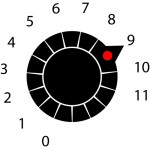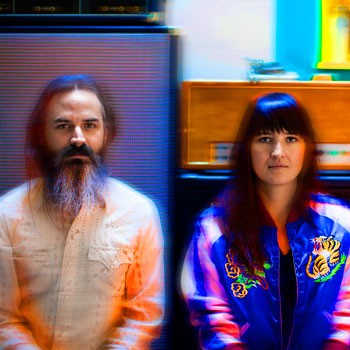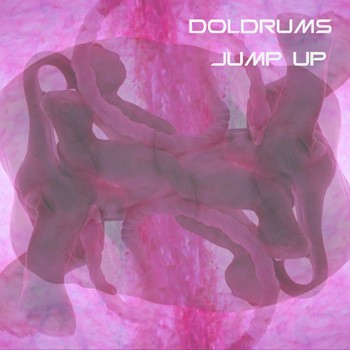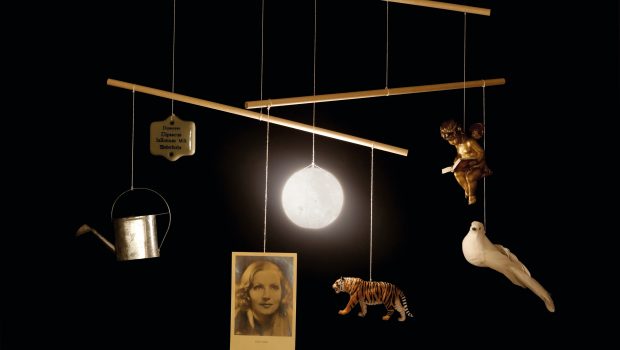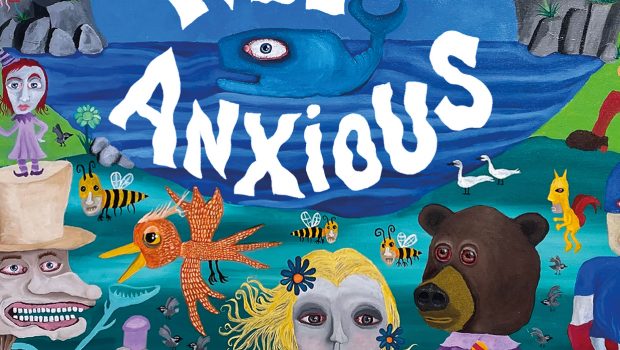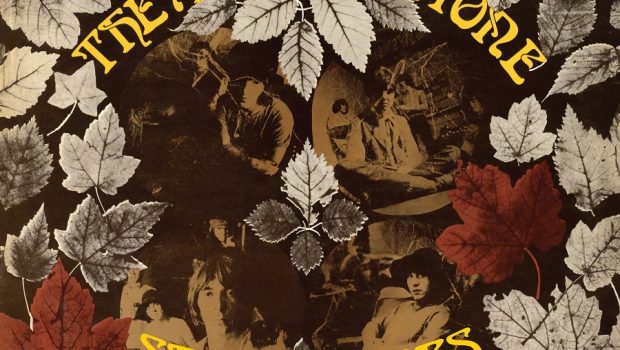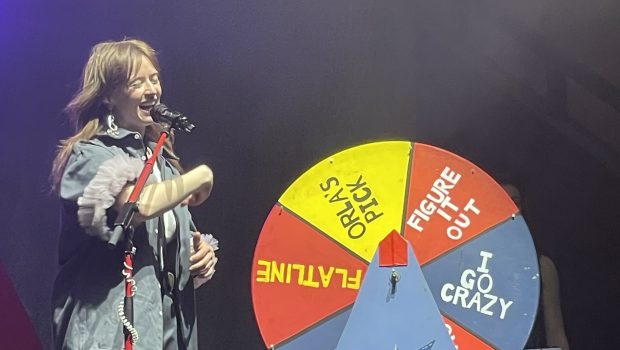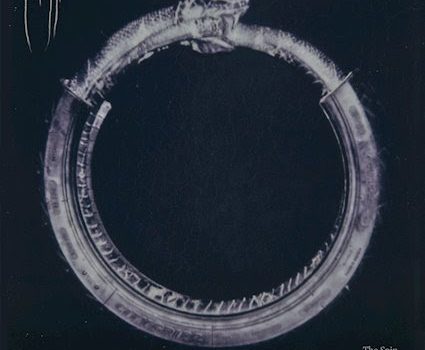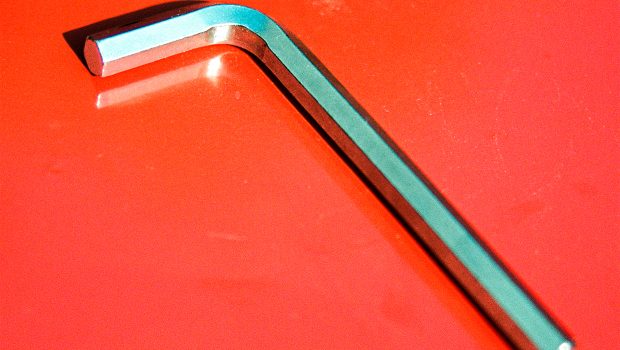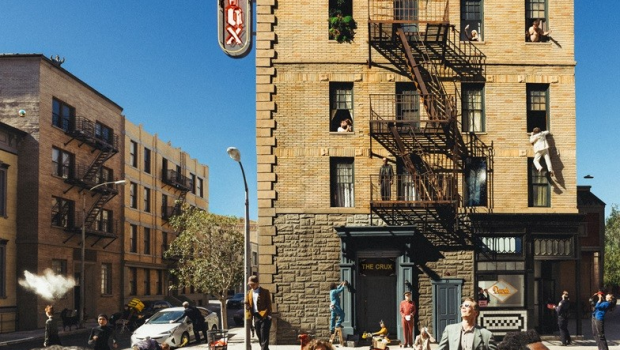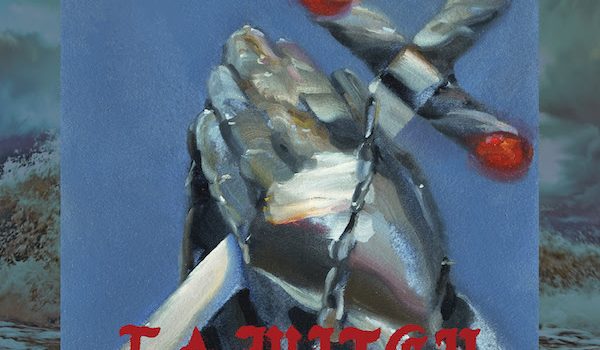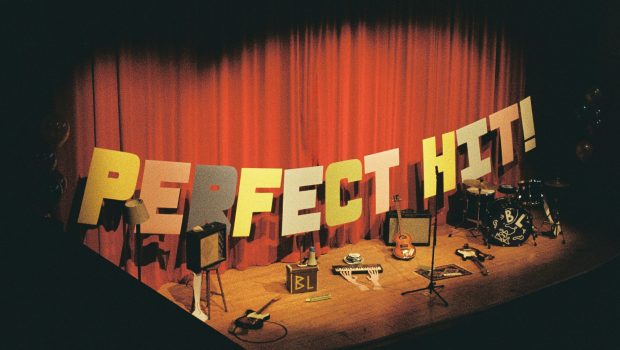
Conceived in and named after a museum of antique arcade machines, this Portland quintet have mastered the technique of transforming melancholic resignation into an art form and the result is wholly deserving of admiration.
Like Home fades in with computer generated orchestration, arpeggio acoustic guitar notes, and a synth part that later morphs into something from A Clockwork Orange. And yet the outcome is not psychedelic but mournful and nostalgic for a time, a place or a memory that has been lost. The notes and instruments assemble to fit the music for a carousel that continues to turn despite the fact that no one rides it anymore. It used to be a thing of adoration, but now it stands as a sorrowful reminder of better, happier times. This feeling permeates Hold This Ghost as a whole, but it is never expressed so emotively as in this the opening track.
From here the album descends further into this central theme becoming more personal on Two Friends Like Us, and positively haunting on The Propellors. Rabwin’s soft, but clearly annunciated voice is not the sound of a man consumed by suicidal thoughts, but of a person transfixed by the past, and like the ghost in the title it’s as if he’s barely here.
This unrelenting tone makes the album a hard thing to embrace, but there are hints of something more positive bubbling underneath on The Things That I know andFits And Starts, which burst out unexpectedly and gloriously on the summer warmth of album closer Our Changing Skins. It’s an unexpected ending that leaves you feeling happier than perhaps you ought, but it also comes as a massive relief.
Hold This Ghost throws out a hand that’s hard to hold, but if you can withstand its melancholic depths it has something incredibly beautiful to show you, something which you will surely come back to time and again, and inevitably treasure.
Release Date 15/02/2010 (Souterrain Transmissions)
